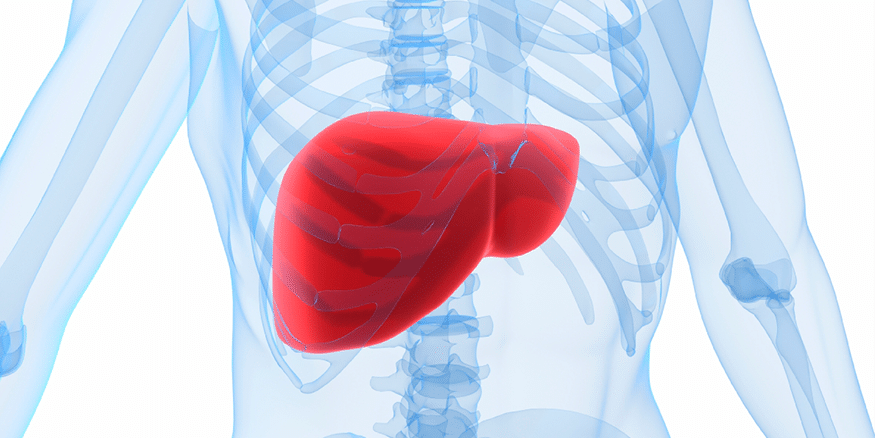Facts About The Liver That You Have Never Heard
The liver is one of the most important organs in the body, providing a range of several functions that keep us healthy and thriving. Found just below the heart and on top of the stomach, the liver is responsible for filtering out all the toxins that enter the body, along with producing an array of different compounds and hormones that keep the rest of the body working well.
Here we will explore some truly fascinating facts about the liver and its many daily jobs.
1. The Most Efficient Liver
It’s believed that the human liver is the most powerful in the animal kingdom, able to filter a huge multitude of different toxins and other damaging chemicals that would leave most other mammals either extremely sick or dead. It can process such things as alcohol and drugs, and without it, these would almost certainly lead us to being dead in almost no time at all.
2. Holds On To Iron
The liver acts as something of a storage container for a variety of minerals and vitamins, and it’s where the body stores almost all of its iron. Iron is necessary for many functions in the human body, and our circulatory system as well as our cells simply wouldn’t be able to work properly without constant access to iron.
It also means that if we’re without a source of iron for any amount of time, the body can simply draw from the reserves in the liver.
3. It Can Regenerate
If any other organ in the human body were to suffer serious damage, it would almost always need to be replaced. The liver is exempt from this, however, as it’s the only major organ that’s able to regenerate almost completely.
In fact, even if only a quarter of the liver remains, it can grow back to its original size while retaining full functionality. This is why people that donate parts of their liver are able to live normal, healthy lives without losing the ability to enjoy their favourite pastimes, from playing sport to checking out the latest mobile casino bonus.
4. It Filters Blood
At any given time, around 10% of the blood in the human body is being stored within the body. As the blood moves through the circulatory system, it picks up toxins and waste products that need to be disposed of.
When it reaches the liver, many of these by-products are removed and the blood is filtered for further circulation. The body is able to filter around 1.4 litres of blood every minute.

5. The Second-Largest Organ
Skin is technically the largest organ the human body possesses, and second to skin is the liver. Internally, the liver is the largest organ within the body, and can weight up to 1.5 kilograms, as much as a small dog.
Its size is due in part to its complexity; being able to complete so many different functions means that the liver needs to be sizeable enough to contain the correct internal



